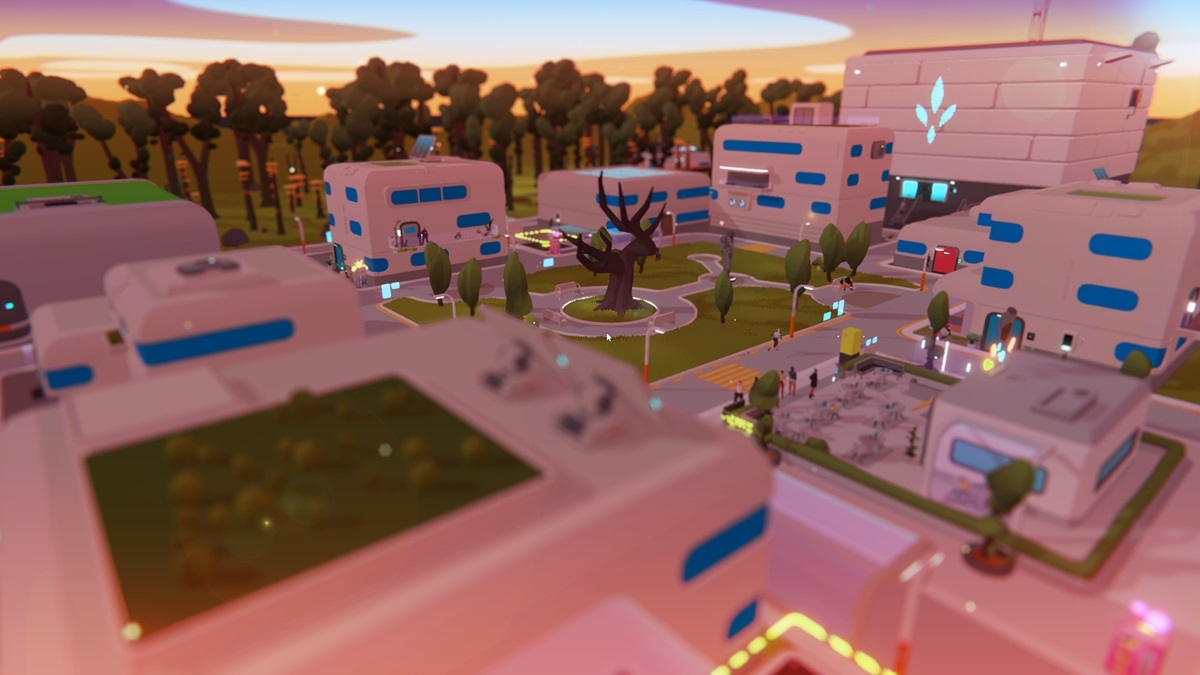Klang, the creator of an ambitious new online game world, said it will use an ethical approach to AI use in building society simulator Seed.
Klang said there is no avoiding the topic of AI, which is at the forefront of our collective minds, and for
good reason. Sometimes the topic can be exhilarating. Other times it can feel extremely daunting. Plus, the use of AI isn’t black and white, which can lead to confusion and speculation.

Unlock premium content and VIP community perks with GB M A X!
Join now to enjoy our free and premium membership perks.
![]()

![]()